Home>diy>Building & Construction>Questions To Ask When Buying A New Construction Home
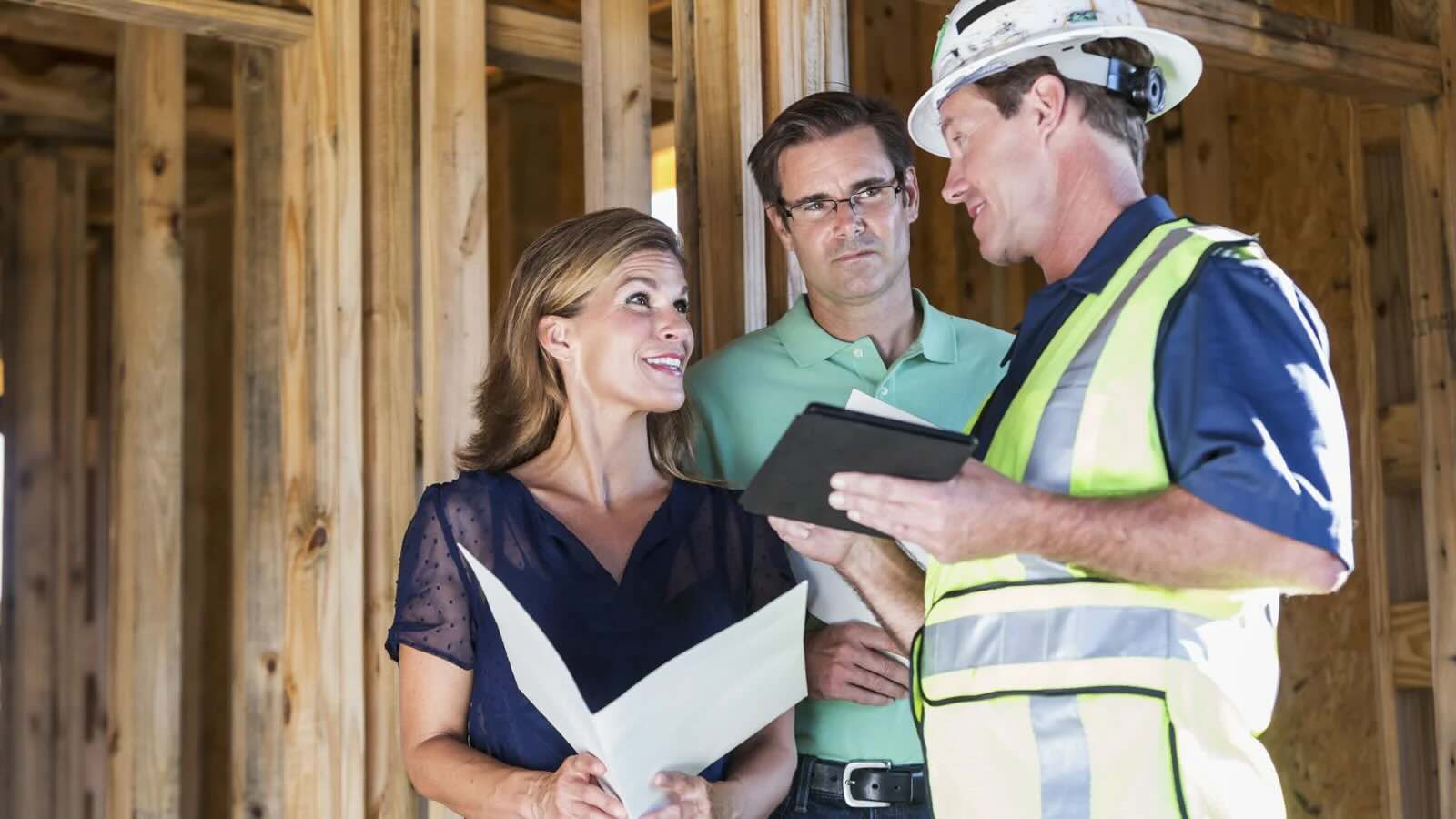

Building & Construction
Questions To Ask When Buying A New Construction Home
Modified: January 23, 2024
Looking to buy a new construction home? Ask these important questions to ensure a smooth building construction process. Find out everything you need to know before making a purchase.
(Many of the links in this article redirect to a specific reviewed product. Your purchase of these products through affiliate links helps to generate commission for Storables.com, at no extra cost. Learn more)
Introduction
Buying a new construction home is an exciting process that offers many advantages. From being able to customize your living space to enjoying the benefits of modern design and energy-efficient features, there are numerous reasons why people choose to invest in new construction. However, navigating the process of buying a new construction home can be daunting, especially if you’re not familiar with the ins and outs of the construction industry. That’s why it’s important to ask the right questions and conduct thorough research before making a decision.
In this article, we will explore some key questions you should ask when buying a new construction home. By considering these aspects, you will be better equipped to make an informed decision and ensure that the home you choose meets your needs and expectations.
Keep in mind that each new construction project is unique, and the answers to these questions may vary depending on the builder, location, and other factors. It’s essential to communicate directly with the builder and conduct your due diligence to obtain accurate and up-to-date information.
Disclaimer: The information provided in this article is for general informational purposes only and should not be taken as legal or financial advice. It is always best to consult with professionals in the field for personalized advice.
Key Takeaways:
- When buying a new construction home, ask about the builder’s reputation, experience, and financial stability. Visiting previous projects and checking online reviews can provide insights into the quality of their work.
- Consider the long-term aspects such as resale value, energy efficiency, and potential future developments in the area. Thorough research and asking the right questions will help you make an informed decision.
Read more: Questions To Ask When Building A House
Location and Community
One of the first questions you should ask when considering a new construction home is about the location and the surrounding community. The location of your home will have a significant impact on your day-to-day life and long-term satisfaction.
Start by researching the neighborhood and understanding its proximity to key amenities such as schools, hospitals, shopping centers, and recreational facilities. Consider the commute time to your workplace and the accessibility of major highways or public transportation. It’s also important to evaluate the overall safety and security of the area.
Take the time to explore the community and get a feel for the atmosphere. Are there nearby parks or green spaces? Are there community activities or events that promote a sense of belonging? Consider your lifestyle and preferences, and determine whether the neighborhood aligns with them.
Furthermore, inquire about any planned developments or potential changes in the area. Understanding the future growth and development can give you an idea of the long-term value and potential challenges that may arise.
Remember, a great home is not just about the four walls but also about the community that surrounds it. So, make sure to ask about the location and community before making your final decision.
Builder Reputation and Experience
When buying a new construction home, the reputation and experience of the builder are crucial factors to consider. You want to ensure that you’re investing in a quality-built home by a reputable and experienced builder.
Start your research by checking the builder’s reputation in the industry. Look for online reviews, testimonials, and ratings from previous customers. This will give you insights into the builder’s track record and customer satisfaction. Pay attention to both positive and negative feedback to get a well-rounded understanding.
Additionally, inquire about the builder’s experience and the number of years they have been in the industry. A builder with a long-standing history demonstrates their expertise and credibility. They are more likely to have a well-established construction process, strong relationships with suppliers and contractors, and a proven ability to deliver quality homes.
Ask the builder about their portfolio and if possible, visit their previous projects. Take note of the craftsmanship, attention to detail, and overall construction quality. This will give you a firsthand look at the builder’s workmanship and the level of finish you can expect in your new home.
It’s also essential to understand the builder’s financial stability. A financially sound builder is more likely to complete the project on time and honor their warranty commitments. Inquire about their financial standing, any existing or past legal issues, and their warranty policies.
Remember, buying a new construction home is a significant investment, and the reputation and experience of the builder play a crucial role in ensuring your satisfaction. Be diligent in your research and choose a builder with a solid reputation and extensive experience in the industry.
Floor Plan Options and Customization
One of the advantages of buying a new construction home is the opportunity to choose a floor plan that suits your lifestyle and preferences. When considering a new construction property, inquire about the available floor plan options and the level of customization offered.
Start by understanding the different floor plan options available. Ask the builder if they offer a variety of layouts, such as open concept designs, traditional plans, or multi-story homes. Consider your needs and preferences regarding the number of bedrooms, bathrooms, living spaces, and any specific requirements you may have.
It’s also important to ask about the potential for customization. Can you make changes to the floor plan or add upgrades to meet your specific needs? Inquire about the flexibility provided by the builder in terms of altering room sizes, adding additional features, or reconfiguring specific areas of the home.
Additionally, ask about the design options available for finishes and materials. Inquire about the choices for flooring, cabinetry, countertops, and other elements that contribute to the overall aesthetic of the home. Understanding the customization options will enable you to create a space that truly reflects your style and preferences.
Remember to discuss any additional costs associated with customization. Ask the builder about the pricing for upgrades and modifications to ensure it fits within your budget. It’s also important to inquire about the timeline for making these customizations and any limitations or restrictions that may apply.
By asking about the floor plan options and customization possibilities, you can ensure that the new construction home you choose will meet your specific needs and allow you to create a space that feels personalized and tailored to your lifestyle.
Construction Timeline and Completion Date
Understanding the construction timeline and the expected completion date is crucial when buying a new construction home. It allows you to plan your move-in date, coordinate logistics, and make any necessary arrangements accordingly.
Start by asking the builder about the estimated construction timeline. Inquire about the different phases of construction and the approximate duration of each phase. This will give you an overall idea of when the construction is expected to be completed.
It’s important to note that construction timelines can be subject to various factors, such as weather conditions, labor availability, and unforeseen delays. Ask the builder about their process for handling potential delays and how they communicate with homeowners in such situations.
In addition to the construction timeline, inquire about the specific completion date for your home. Is there a firm date set for completion, or is it an estimated timeframe? Understanding the completion date will help you plan your move-in and coordinate any necessary arrangements, such as selling or ending a current lease.
Keep in mind that the construction process can be complex, and delays may occur. However, open communication with the builder and regular updates on the progress can help manage expectations and ensure a smoother transition.
Lastly, ask the builder about the process for conducting inspections at different stages of construction. This will give you peace of mind knowing that the construction is being monitored and meets the required standards and regulations.
By understanding the construction timeline and completion date, you can plan accordingly and have a clear expectation of when your new construction home will be ready for you to move in.
Warranty and After-Sales Service
When buying a new construction home, it is essential to inquire about the warranty offered by the builder and their after-sales service. These aspects provide peace of mind and ensure that any potential issues that may arise after the completion of the home are addressed in a timely manner.
Start by asking the builder about the warranty coverage. Inquire about the length of the warranty period and the specific components of the home that are covered. Typically, a new construction home will come with a structural warranty that covers the foundation, load-bearing walls, and other structural elements. In addition, there may be separate warranties for mechanical systems, such as HVAC, plumbing, and electrical.
Understand the terms and conditions of the warranty, including any limitations or exclusions. Inquire about the process for filing warranty claims and how they are handled by the builder. It’s important to have a clear understanding of what is covered and how to address any potential issues that may arise.
Additionally, ask about the after-sales service provided by the builder. Is there a dedicated customer service department to handle any post-construction inquiries or concerns? Inquire about the responsiveness of the builder in addressing warranty claims and resolving any issues that may arise.
Take the time to review any homeowner manuals or documentation provided by the builder. This will outline the warranty coverage and provide instructions on how to properly maintain and care for your new home.
Be aware that some builders may offer extended warranty options for an additional cost. Inquire about these options if you are interested in extra coverage or peace of mind.
Remember, the warranty and after-sales service provided by the builder are essential aspects to consider when buying a new construction home. They ensure that you are protected and supported in the event of any issues or concerns that may arise after the completion of the home.
Quality of Construction Materials and Techniques
When buying a new construction home, it’s crucial to inquire about the quality of construction materials and techniques used by the builder. The materials and construction methods used can greatly impact the durability, energy efficiency, and overall quality of the home.
Start by asking the builder about the types of materials used in the construction of the home. Inquire about the quality and longevity of materials such as roofing, siding, insulation, windows, and doors. Understanding the materials used will give you an idea of the overall durability and maintenance requirements of the home.
Additionally, inquire about the construction techniques employed by the builder. Ask about the foundation, framing, and other structural components to ensure that they meet industry standards and are built to withstand the test of time.
It’s also important to inquire about energy-efficient features of the home. Ask the builder if the home is built to certain energy-efficient standards and if it incorporates energy-saving appliances, insulation, and HVAC systems. Energy efficiency not only reduces your carbon footprint but also contributes to lower utility bills.
If possible, ask the builder for references to previous homeowners and inquire about their experiences with the materials and construction quality. This will give you firsthand insights into the craftsmanship and longevity of the builder’s work.
Remember, the quality of construction materials and techniques used in your new home will greatly influence its longevity, energy efficiency, and overall satisfaction. Inquiring about these aspects will ensure that you are investing in a home with high-quality materials and solid construction techniques.
Energy Efficiency and Sustainability Features
As we become more aware of our impact on the environment, energy efficiency and sustainability have become key considerations when buying a new construction home. Inquire about the energy efficiency and sustainability features incorporated into the design and construction of the home.
Start by asking the builder if the home meets any specific energy-efficient standards, such as ENERGY STAR or LEED certification. These certifications ensure that the home has been designed and built with sustainability in mind, using energy-efficient appliances, lighting, insulation, and windows.
Inquire about the insulation used in the home. Proper insulation not only helps maintain a comfortable temperature but also reduces energy consumption by minimizing heat loss in the winter and heat gain in the summer.
Ask about the HVAC system installed in the home. Energy-efficient heating and cooling systems, such as high-efficiency furnaces and air conditioners, can significantly reduce energy consumption and lower utility bills.
Additionally, inquire about the use of renewable energy sources. Ask if the home incorporates solar panels or pre-wiring for solar panel installation. Solar power can not only reduce your reliance on traditional energy sources but also provide significant long-term cost savings.
Consider other sustainability features such as water-saving fixtures, low-flow toilets, and rainwater harvesting systems. These features can contribute to water conservation and reduce your environmental impact.
It’s also important to ask about the builder’s commitment to sustainable or eco-friendly construction practices. Inquire about their waste management and recycling practices during construction and post-construction. Building a home with minimal waste and recycling materials demonstrates a commitment to sustainability.
By asking about the energy efficiency and sustainability features of the home, you can make an informed decision that aligns with your environmental values and leads to long-term savings on energy and utility costs.
When buying a new construction home, ask about the warranty coverage, the timeline for completion, and the reputation of the builder. This will help ensure you are making an informed decision.
Homeowners Association and Fees
When considering a new construction home, it’s important to inquire about any homeowners association (HOA) and associated fees. Many new construction communities have HOAs in place to maintain common areas and enforce community rules and regulations.
Start by asking about the existence of an HOA in the community where the home is located. Inquire about the purpose of the HOA and the services or amenities it provides. Common amenities may include landscaping, maintenance of shared spaces, security, or access to recreational facilities such as swimming pools or community centers.
Understand the financial obligations associated with the HOA. Inquire about the monthly or annual fees that homeowners are required to pay and what these fees cover. Additionally, ask if there are any special assessments or fees that may be imposed in the future for necessary maintenance or improvements.
Ask about any specific rules or guidelines set by the HOA. These rules can vary widely and may cover aspects such as architectural guidelines, parking restrictions, pet policies, or noise regulations. Understanding these rules will help you determine if they align with your lifestyle and preferences.
It’s also important to inquire about the decision-making process within the HOA. Understand how decisions are made, who represents homeowners’ interests, and if there are opportunities for homeowners to participate in the decision-making process.
Make sure to review all applicable HOA documents, such as covenants, conditions, and restrictions (CC&Rs), bylaws, and financial statements. These documents provide important information about the responsibilities of the homeowners and the powers and limitations of the HOA.
By asking about the homeowners association and associated fees, you can determine if the benefits and regulations align with your preferences and if the financial obligations fit within your budget. Understanding the role of the HOA will ensure a smooth transition and enjoyable living experience in your new construction home.
Financing and Payment Options
When buying a new construction home, it’s crucial to understand the financing and payment options available to you. Financing a new construction home differs slightly from financing an existing home, so it’s important to gather all the necessary information to make an informed decision.
Start by discussing financing options with the builder. Inquire about their preferred lenders and if they offer any incentives or financing programs specifically for new construction homes. While you’re not obligated to use the builder’s preferred lender, exploring these options can offer competitive rates and additional benefits.
Ask about the construction loan process if the home is not yet completed. Builders often require a construction loan to cover the costs of building the home, which is then converted into a mortgage once construction is complete. Understand the terms and requirements of the construction loan to ensure a smooth transition to the permanent financing.
Inquire about the down payment requirements for the new construction home. Typically, builders may require a higher down payment compared to existing homes. Ask if there are any down payment assistance programs or options available to help you meet the required down payment.
Discuss the payment schedule with the builder. Inquire about the timing and amounts of payments throughout the construction process. Understanding the payment schedule will help you plan your finances accordingly.
It’s also important to discuss the financing timeline. Inquire about the estimated closing date and any potential factors that may affect the timeline. Coordinate with your lender to ensure all necessary documents and processes are completed in a timely manner to avoid any delays.
If you have a current home to sell, inquire about any bridge financing options. Bridge financing can help bridge the gap between the sale of your current home and the purchase of the new construction home, providing you with the flexibility and financial stability during the transition.
By discussing financing and payment options with the builder and your lender, you can ensure that you have a clear understanding of the financial aspects of purchasing a new construction home and make a decision that aligns with your budget and financial goals.
Additional Costs and Upgrades
When buying a new construction home, it’s important to consider any additional costs and upgrades that may be involved beyond the base price of the home. Understanding these costs will help you plan your budget and make informed decisions about the features and amenities you desire.
Start by asking the builder about any additional costs or fees associated with the purchase. This may include closing costs, transfer taxes, or legal fees. Inquire about the estimated amount of these costs to factor them into your budget.
Discuss any potential upgrades or customization options with the builder. Inquire about the cost of these upgrades and the timeline for making these decisions. Some common upgrades may include high-end appliances, upgraded flooring or countertops, additional electrical or plumbing fixtures, or home automation systems. Consider your budget and priorities when deciding on which upgrades are worth investing in.
Be sure to ask about any warranties or guarantees that come with the additional upgrades. It’s important to understand the coverage and terms for these upgraded features to ensure peace of mind.
Inquire about any ongoing or future maintenance costs associated with the home. For example, if the home has a swimming pool or expansive landscaping, ask about the maintenance requirements and potential costs involved in upkeep.
Consider the long-term costs of owning the home. Inquire about the estimated property taxes and any annual or monthly fees associated with living in the community, such as homeowners association fees, maintenance fees, or club membership dues. Understanding these costs will help you budget accordingly and avoid any surprises.
By discussing and understanding the additional costs and upgrades involved in purchasing a new construction home, you can plan your budget effectively and make informed decisions about the features and amenities that will enhance your living experience.
Inspection and Walk-Through Process
When buying a new construction home, it’s essential to understand the inspection and walk-through process to ensure that your home meets your expectations and is built to the highest standards. The inspection and walk-through offer an opportunity to identify any deficiencies or issues before the final handover of the property.
Start by discussing with the builder when the inspection and walk-through will take place. Inquire about their preferred timing and if there are specific milestones in the construction process that trigger these activities. It’s important to schedule these events at a time when the construction is near completion but still allows for any necessary corrections to be made.
During the inspection, it’s recommended to hire a professional home inspector. This independent expert will thoroughly evaluate the structure, systems, and finishes of the home to identify any defects or construction issues. Ask the builder if they allow for and accommodate third-party inspections. Review the results of the inspection with the builder and discuss any concerns or required repairs.
The walk-through is an opportunity for you to visually inspect the home and review its features and finishes. Accompany the builder or their representative as they guide you through the property. Inquire about the functionality of systems such as plumbing, electrical, heating, and cooling. Test appliances, open and close doors and windows, and assess the overall quality of finishes in every room.
Document any issues or concerns during the walk-through. Take pictures and notes of any deficiencies or necessary repairs. Discuss these findings with the builder and ensure that they understand and agree to address the identified issues before the final closing.
It’s important to establish clear communication with the builder during this process. Ask how they handle any necessary repairs or corrections identified during the inspection and walk-through. Inquire about their commitment to completing these items within a reasonable timeframe.
By understanding the inspection and walk-through process, and taking the necessary steps to thoroughly evaluate the home, you can ensure that your new construction home meets your expectations and is built to the highest standards of quality.
Homeowner’s Insurance
When buying a new construction home, it’s important to consider homeowner’s insurance to protect your investment and provide coverage in the event of unforeseen circumstances. Homeowner’s insurance is a vital component of homeownership that provides peace of mind and protects you financially against potential risks.
Start by understanding the basics of homeowner’s insurance. Inquire about the coverage options and exclusions offered by various insurance providers. There are typically different types of coverage, including structural coverage, personal property coverage, liability coverage, and additional living expenses coverage in case you need to temporarily relocate due to a covered event.
Discuss with your insurance agent the specific insurance requirements for new construction homes in your area. Some builders may have specific insurance requirements that need to be met before the closing. It’s important to understand these requirements and ensure compliance.
Inquire about the estimated cost of homeowner’s insurance for the new construction home. Factors such as the home’s location, size, and construction materials can influence insurance premiums. Obtain quotes from multiple insurance providers to find the most competitive rates and coverage options.
Ask about any additional coverage options that may be available. For example, if the home is located in an area prone to natural disasters, you may want to consider additional coverage for flood, earthquake, or windstorm damage.
Discuss with your insurance agent any potential discounts that may apply. Some insurance providers offer discounts for certain safety features, such as smoke detectors, security systems, and deadbolt locks. Installing these features can not only improve your home’s safety but also lower your insurance premiums.
Ensure that you understand the claims process and how to file a claim in case of an incident. Inquire about the deductible amount and how quickly claims are typically processed by the insurance provider. It’s important to have a clear understanding of how your insurance policy will respond to any unforeseen events.
By discussing homeowner’s insurance with your insurance agent and understanding the coverage options, costs, and requirements, you can make an informed decision that protects your new construction home and provides you with the necessary coverage and peace of mind.
Resale Value
While buying a new construction home is exciting, it’s important to consider the potential resale value of the property. The resale value reflects the market demand for your home in the future, and it’s an important aspect to consider as it can impact your investment and financial plans.
Start by researching the real estate market in the area where your new construction home is located. Look at recent sales data for similar homes to gain insights into the market trends and property values. Understanding the current market conditions will give you an idea of the demand and potential resale value of your home in the future.
Inquire about the surrounding developments and infrastructure projects that may impact the resale value of the home. For example, plans for new schools, shopping centers, or transportation improvements in the area can positively influence the desirability and value of the property.
Consider the quality and features of your new construction home. Homes with high-quality construction, modern designs, energy-efficient features, and desirable amenities tend to hold their value better over time. Inquire about the materials used, the construction techniques employed, and the durability of the home’s finishes and systems.
Ask the builder about any warranty or guarantee they provide for the home. A strong warranty can offer reassurance to potential future buyers and increase the resale value of the property. Additionally, inquire about any transferability of the warranty to subsequent owners.
Understand the current and projected property tax rates in the area. Higher property taxes can affect the affordability and desirability of a home, which can impact its resale value. Inquire about any potential tax increases or assessments that may be anticipated in the future.
Consider the neighborhood and community amenities. A well-maintained neighborhood with desirable amenities, such as parks, recreational facilities, and community events, can enhance the overall appeal and resale value of your home.
Lastly, work with a real estate agent who is knowledgeable about the local market and can provide insights into the resale potential of your new construction home. They can help you make informed decisions about upgrades, pricing, and marketing strategies when the time comes to sell.
By considering the potential resale value of your new construction home, you can make strategic decisions that protect your investment and allow for future financial flexibility.
Conclusion
Buying a new construction home is an exciting journey that offers numerous advantages, from customized floor plans to modern features and energy-efficient designs. However, it’s important to approach the process with thorough research and by asking the right questions. By considering key aspects such as the location and community, builder reputation and experience, floor plan options and customization, construction timeline and completion date, warranty and after-sales service, quality of construction materials and techniques, energy efficiency and sustainability features, homeowners association and fees, financing and payment options, additional costs and upgrades, inspection and walk-through process, homeowner’s insurance, resale value, and other factors, you can make informed decisions that result in a home that truly meets your needs and expectations.
Remember to communicate directly with the builder, conduct thorough due diligence, and consider consulting professionals in the field for personalized advice. Each new construction project is unique, so take the time to understand the specific details and tailor your questions accordingly. A well-informed approach to buying a new construction home will not only protect your investment but also ensure a positive and enjoyable living experience for years to come.
In conclusion, by asking the right questions and conducting thorough research, you can navigate the process of buying a new construction home with confidence and make informed decisions that result in a home that meets your desires and provides a solid financial investment. Enjoy the journey of building your dream home!
Frequently Asked Questions about Questions To Ask When Buying A New Construction Home
Was this page helpful?
At Storables.com, we guarantee accurate and reliable information. Our content, validated by Expert Board Contributors, is crafted following stringent Editorial Policies. We're committed to providing you with well-researched, expert-backed insights for all your informational needs.
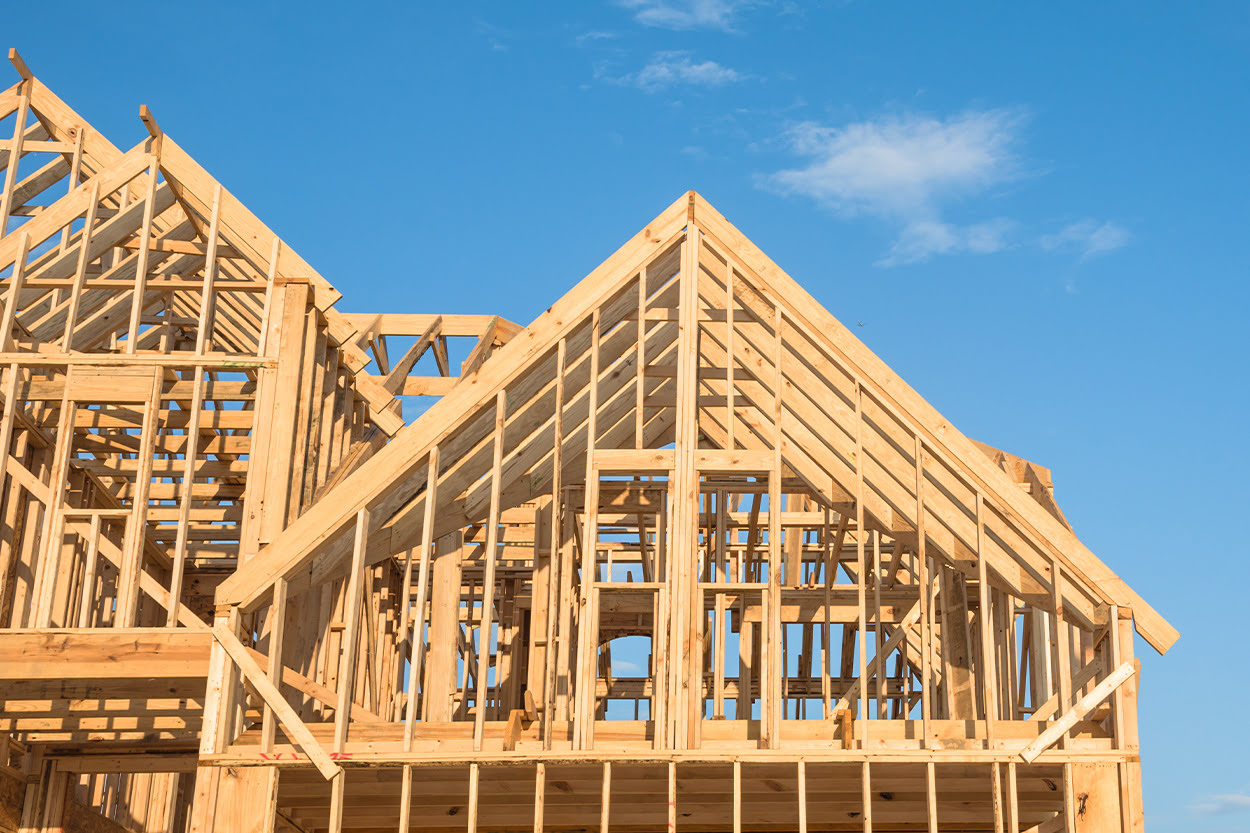
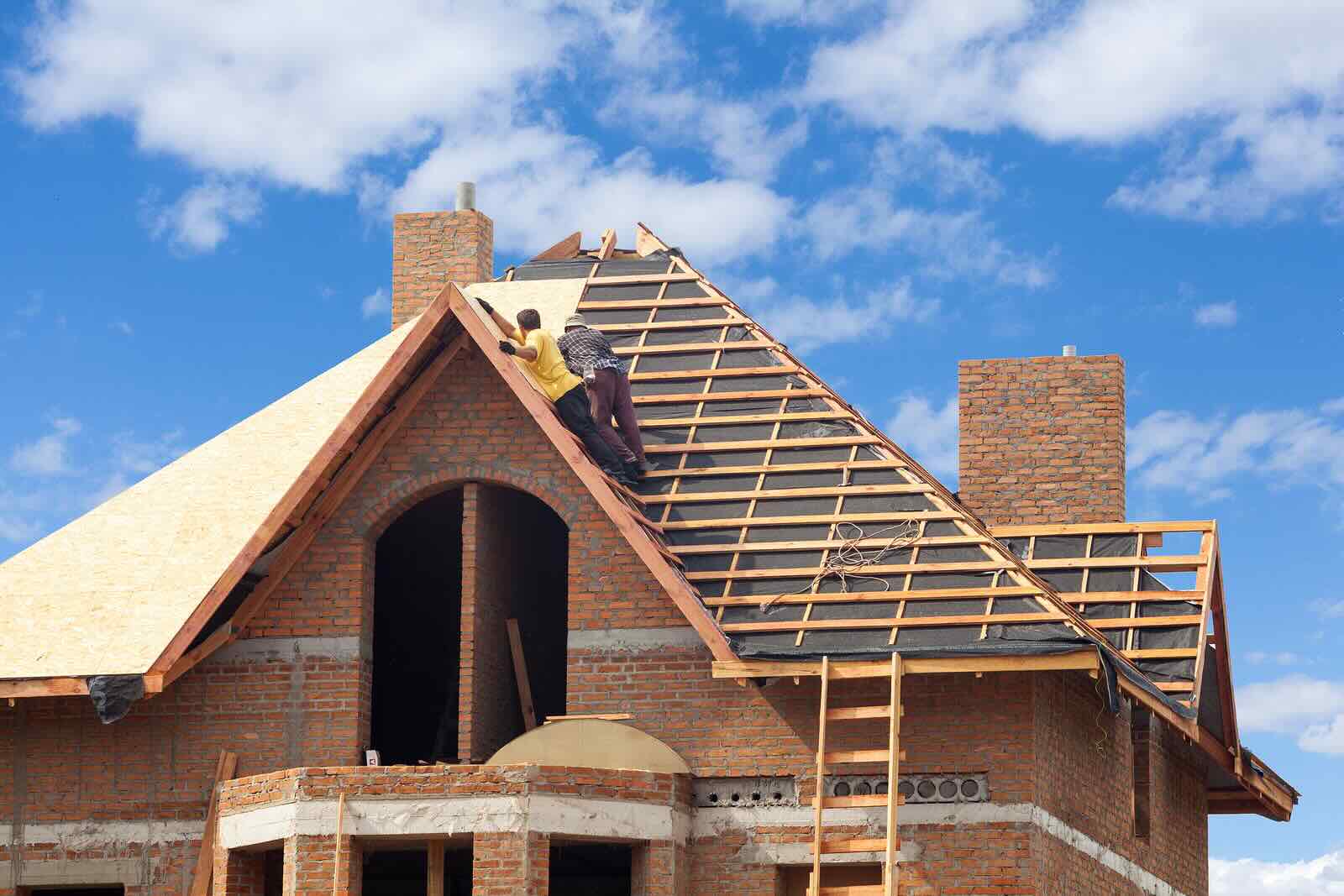
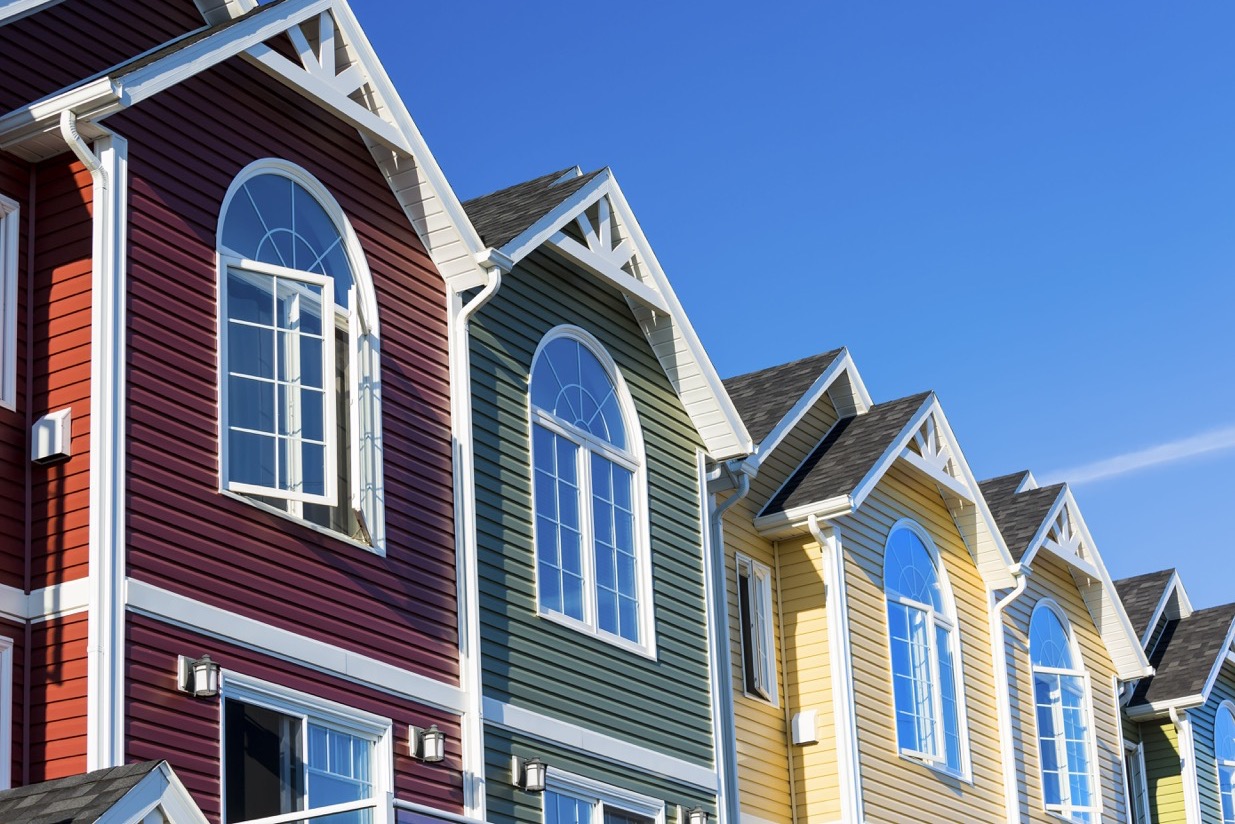

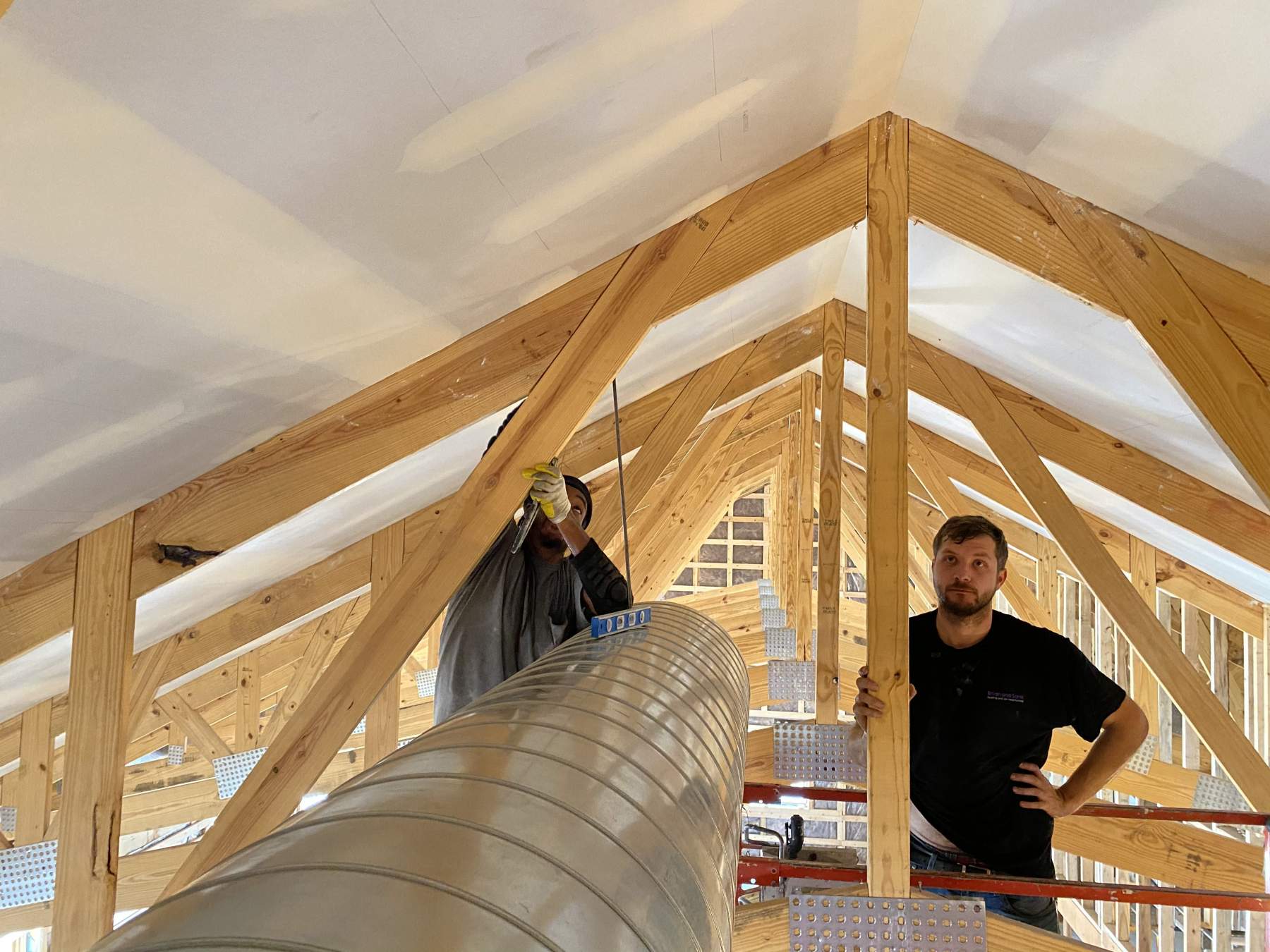
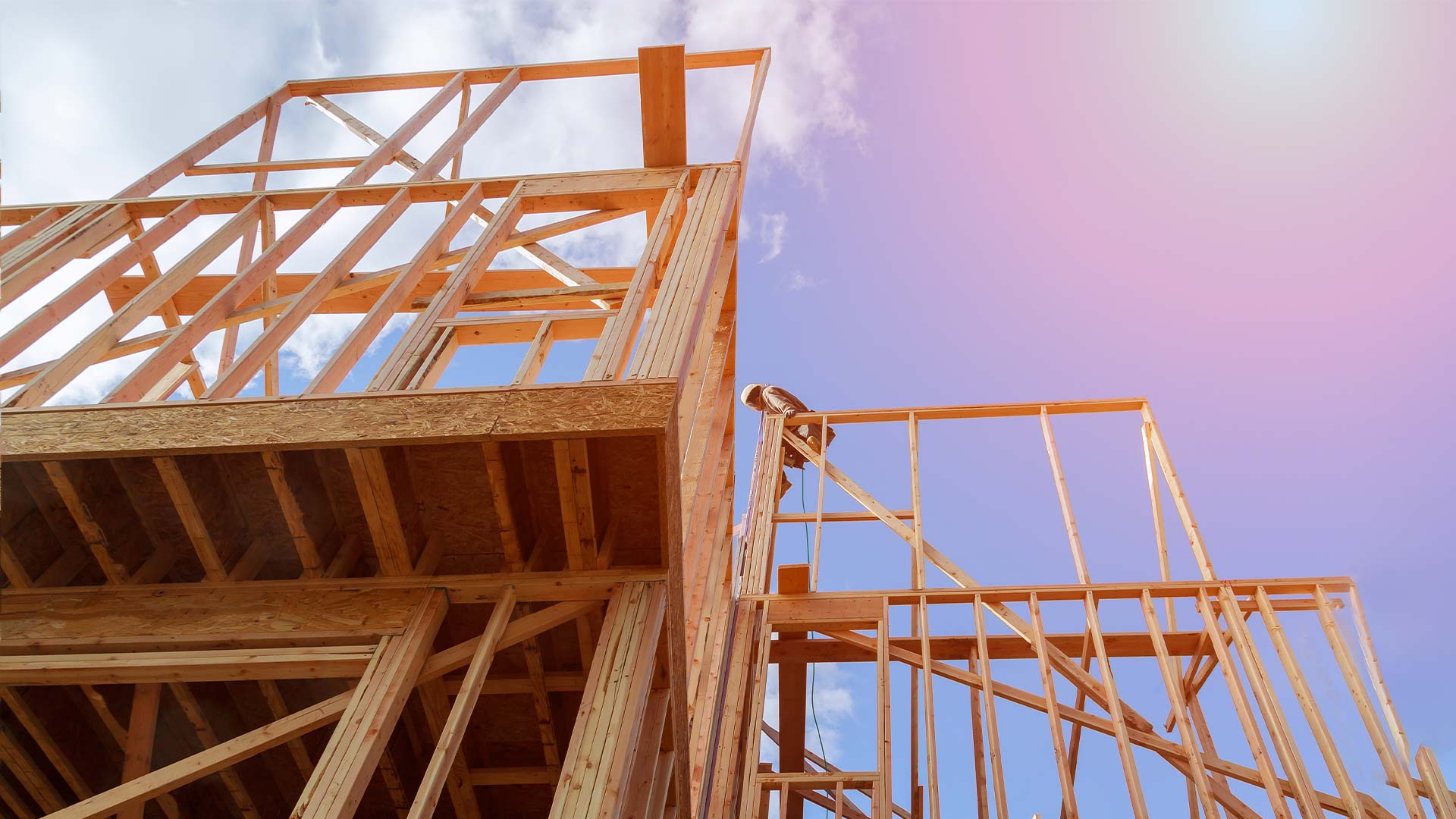
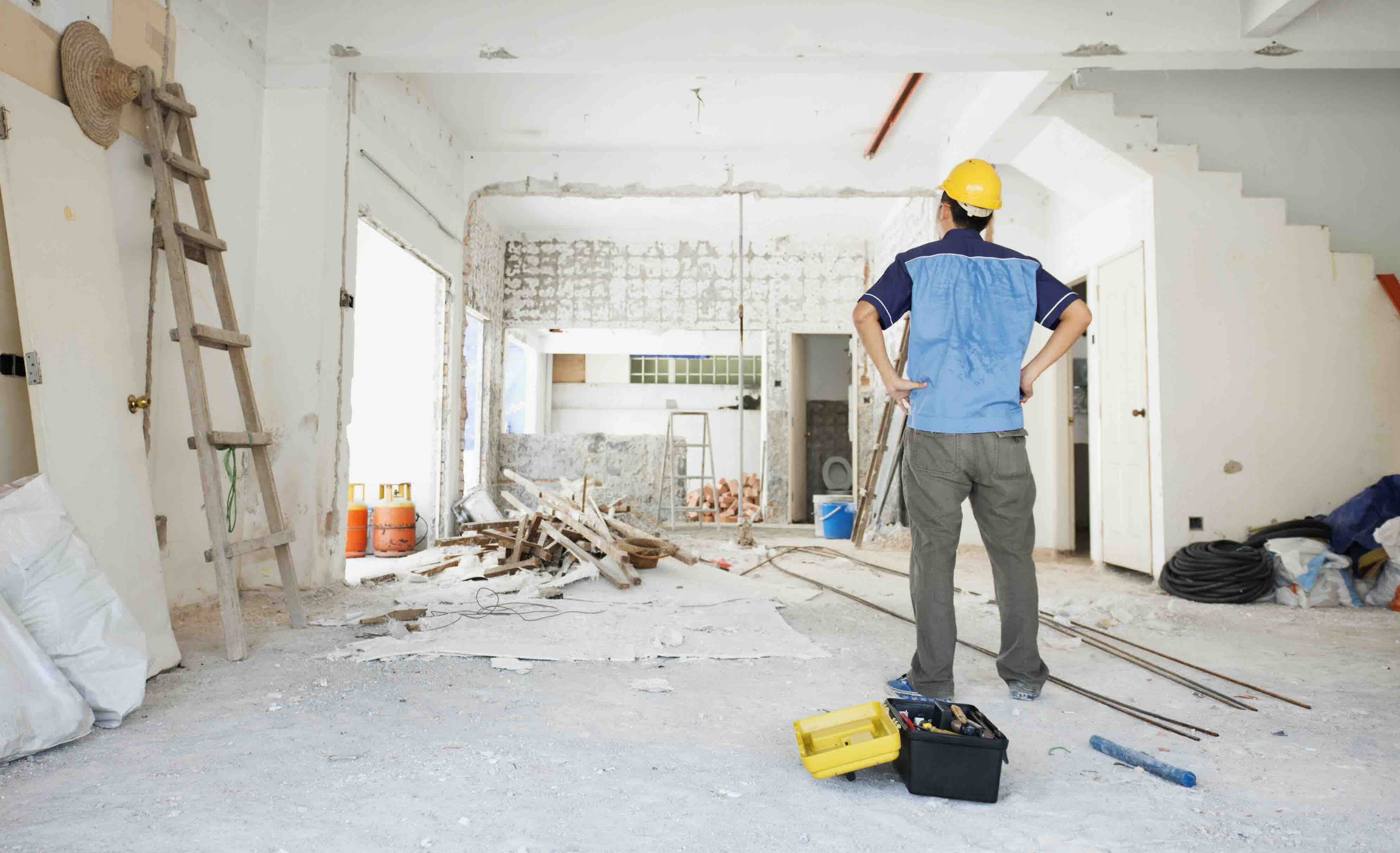
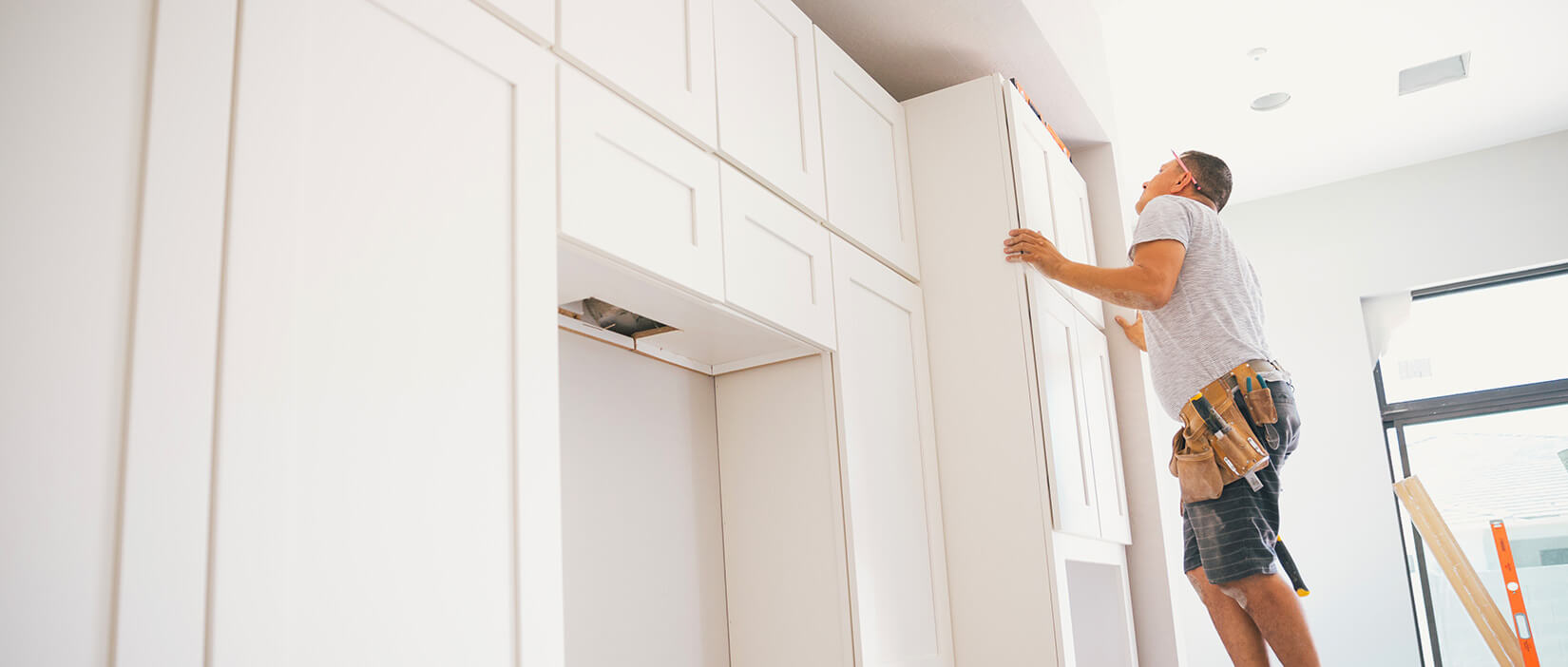
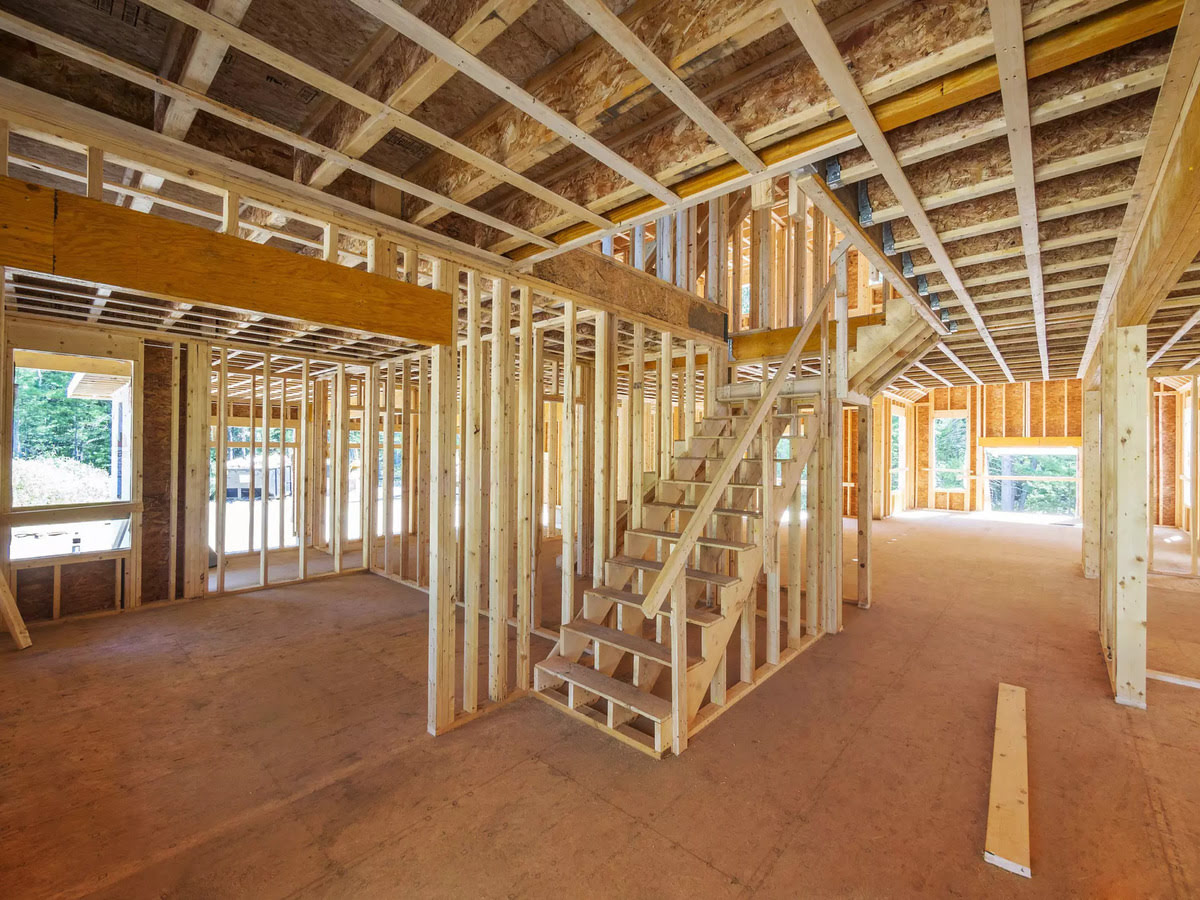
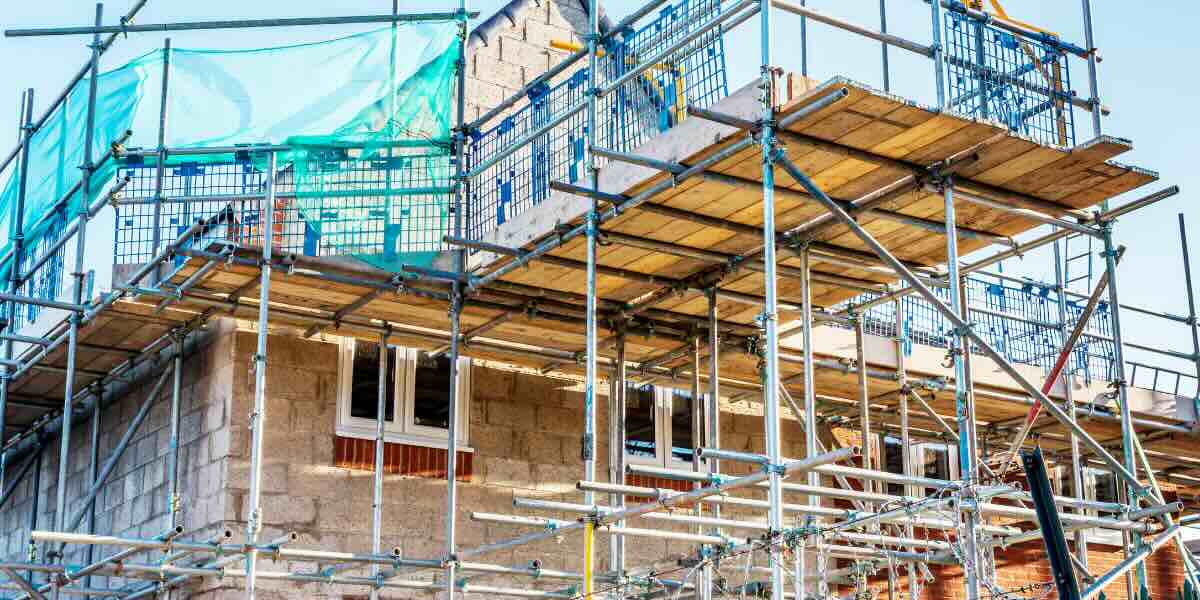
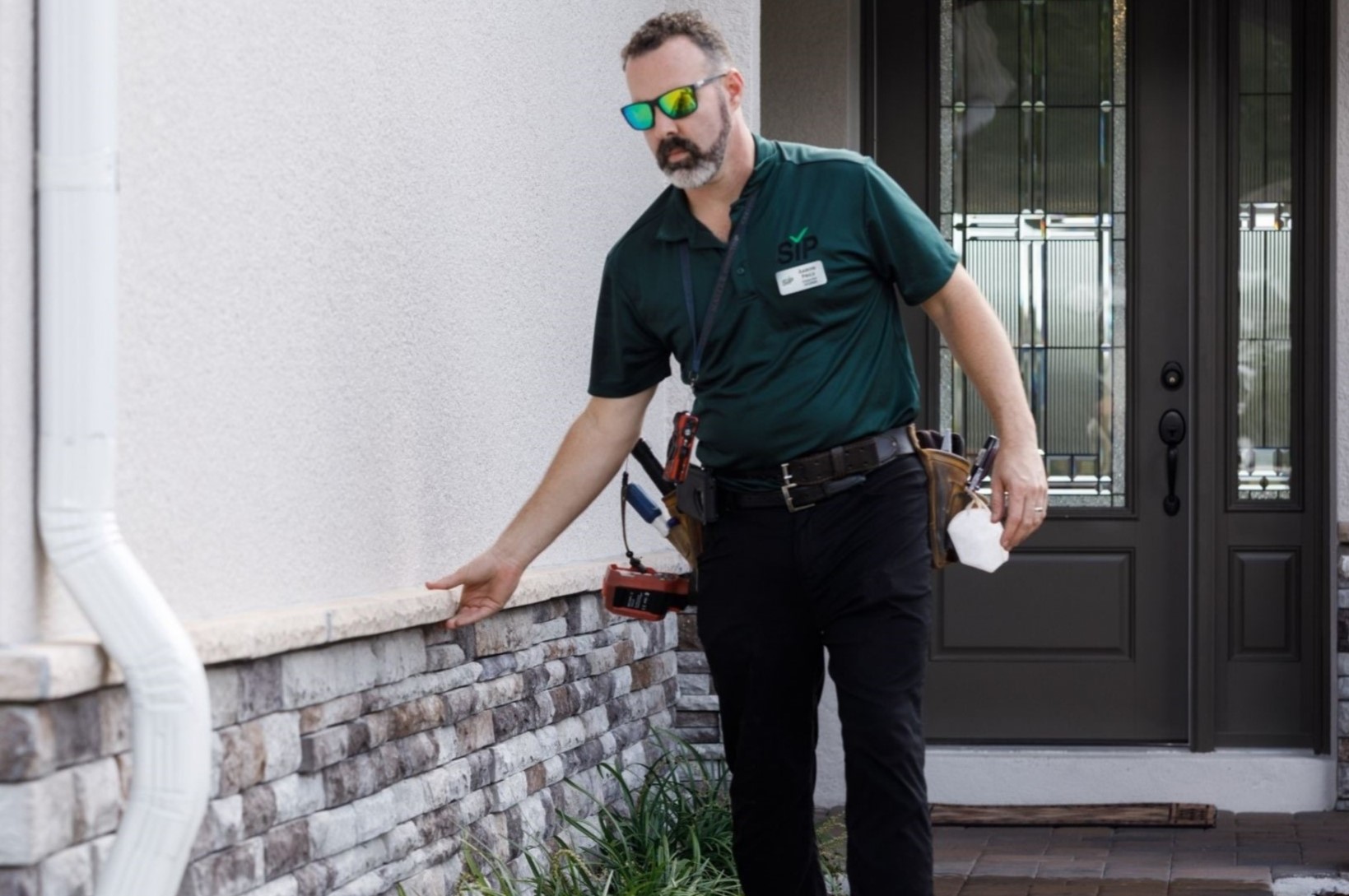
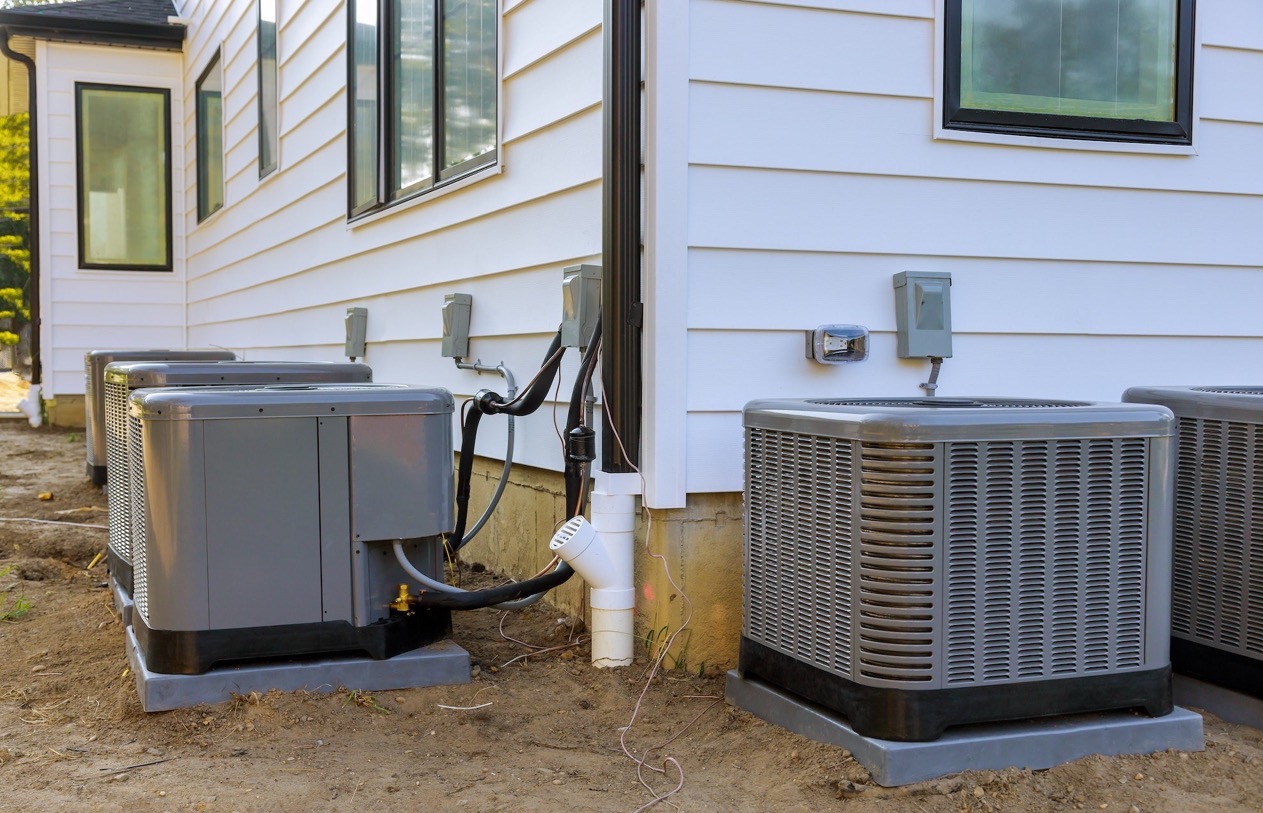

0 thoughts on “Questions To Ask When Buying A New Construction Home”